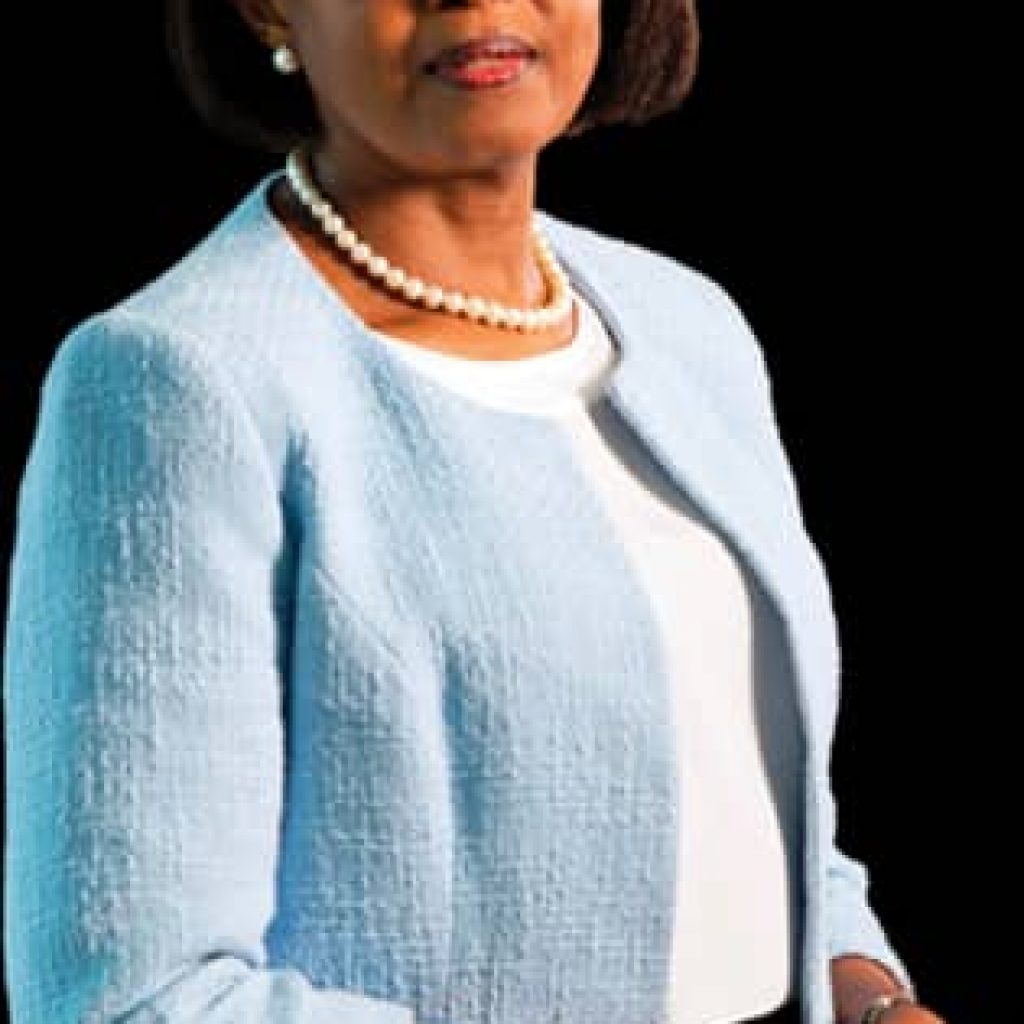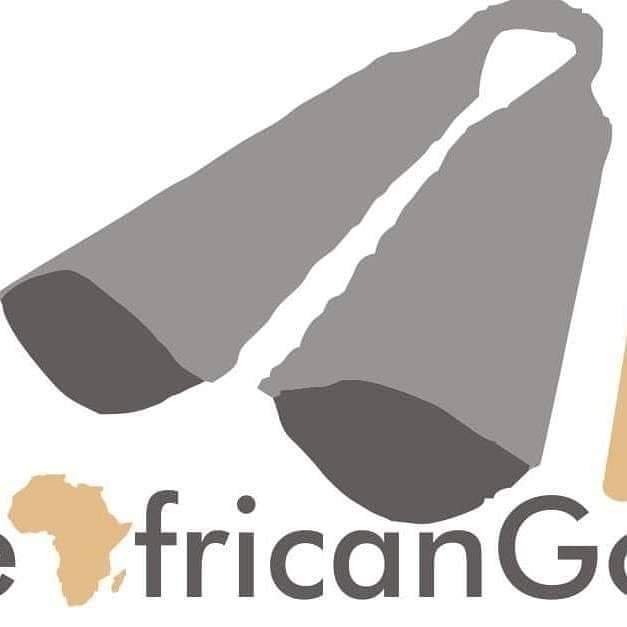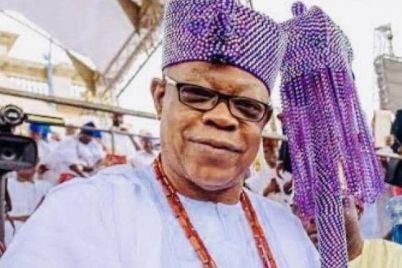
By Blessing David
As the world celebrate the World Mental Health Day marked on 10 October every year, the World Health Organization WHO Regional Director for Africa,Dr. Matshidiso Moeti, says there is need to urgently strengthen regulatory systems to close the gaps that allow young people to easily access alcohol, heavy episodic drinking rates as high as 80% among teens from 15 to 19, which situation poses a serious threat to their education, while setting the stage for a lifetime of alcohol abuse, as well as risks of noncommunicable and other related diseases.
WHO’s Director in a message to commemorate the Day, said this year’s celebration provides an opportunity to draw attention to Africa’s large and growing burden of mental health conditions, with children and adolescents worst impacted just as he described that inadequate financing for mental health continues to be the biggest limitation, negatively impacting efforts to expand Africa’s mental health workforce.
“As things stand, there are fewer than two mental health workers for every 100 000 people, the majority of whom are psychiatric nurses and mental health”.
This year’s theme, “Make Mental Health and Wellbeing for All a Global Priority”, serves as a reminder that, after nearly three years, the social isolation, fear of disease and death, and strained socio-economic circumstances associated with the COVID-19 pandemic have contributed to an estimated 25% global rise in depression and anxiety.

According to Dr Moeti,with the scarce resources concentrated at large psychiatric institutions in urban areas, people at community and primary care levels are left critically underserved. For example, while two-thirds of Member States report having guidelines to integrate mental health into primary health care, fewer than 11% are providing pharmacological and/or psychological interventions at this level, as such becomes worrisome that up to 82% of all Member States are receiving training on how to manage mental health conditions at primary care level, with up to 74% reporting that specialists are involved in providing appropriate training and supervision to primary health care professionals.
To address the challenge,i WHO says t is crucial that Member States follow through on the implementation of commitmentsmade at the Regional Committee in August 2022, when they endorsed the Framework to Implement the Comprehensive Global Action Plan 2013 to 2023 in the WHO African Region.
According to WHO,the key document highlights the severe shortage of mental health services on the continent, and makes recommendations for key actions by Member States.
Among the developments of which Member States can be proud is the launch of Special Initiative for Mental Health frameworks by Ghana and Zimbabwe. Supported by WHO training, the aim is to strengthen relevant services at lower levels of care.
WHO in the African Region is also supporting task-sharing and integration of mental health into multisectoral programmes in Burkina Faso, Ethiopia, Ghana, Niger, Nigeria and Mali. Examples include joint tuberculosis and mental health programming in Ghana and Kenya, and joint Neglected Tropical Diseases and mental health efforts in Nigeria.
Countries especially need to strengthen the mental health and psychosocial response in humanitarian emergencies, including COVID-19 and Ebola, which have a significant negative impact on school-age children and our health care workers. Mental health and psychosocial support are integral to any successful response.
On World Mental Health Day WHO advises all stakeholders to work together to deepen the value they can afford to mental health, to reshape the environments that negatively impact mental health, and to strengthen the care systems to make mental health care accessible to all Africans.

